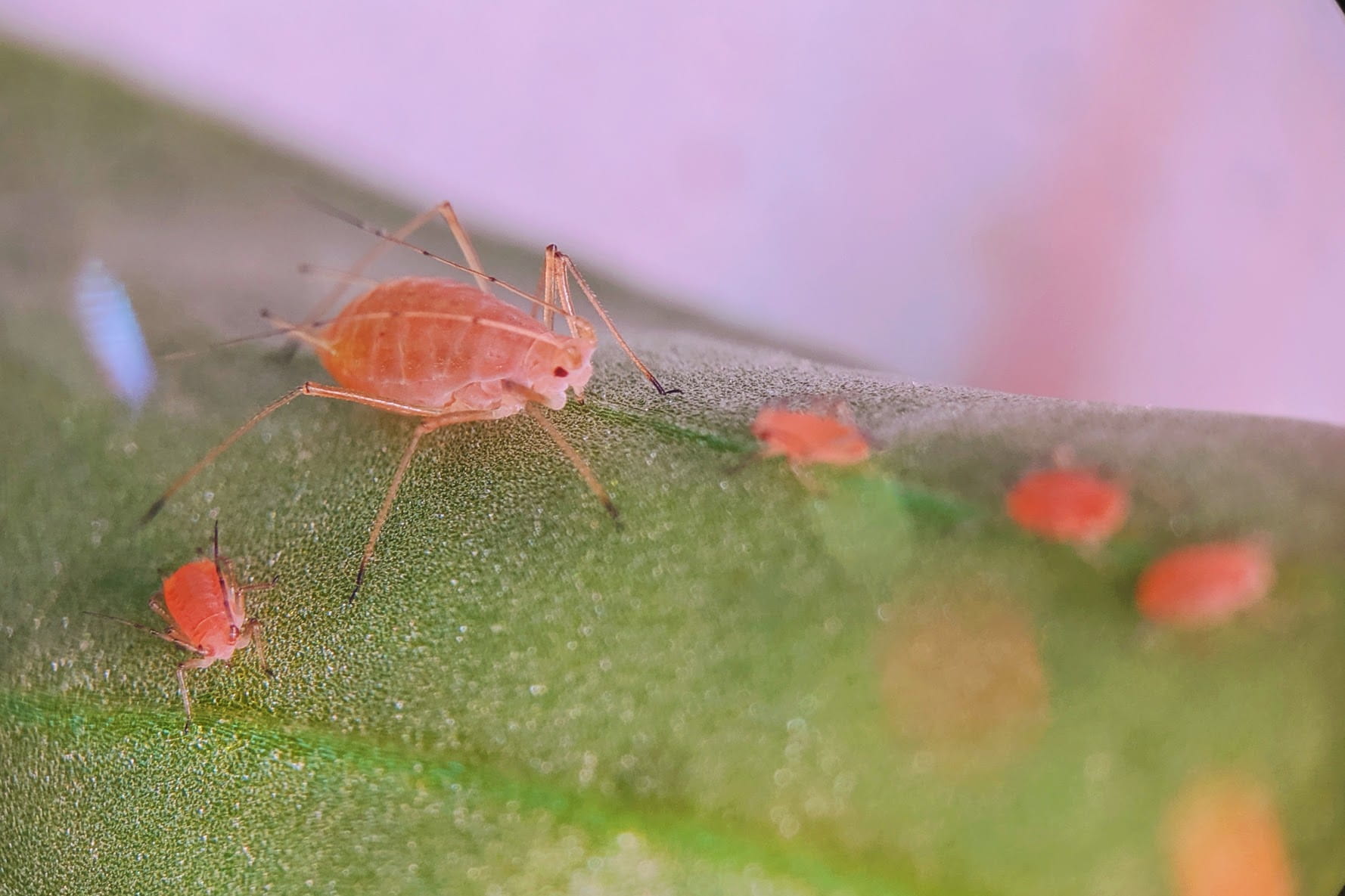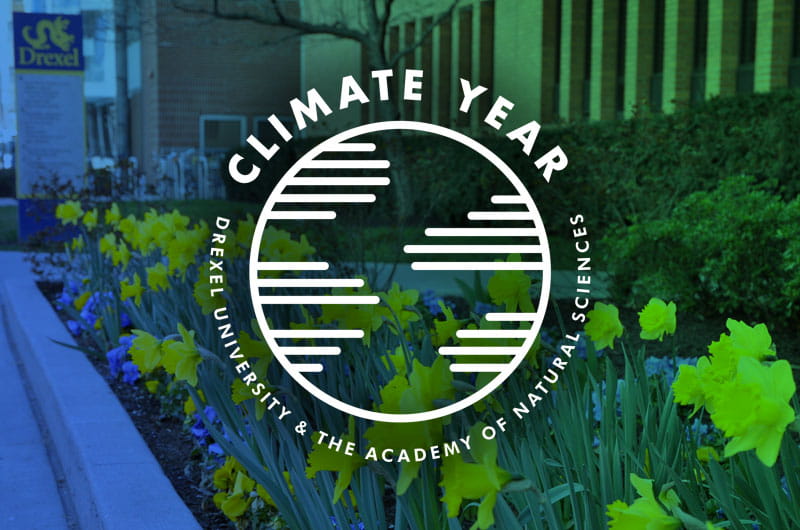
April 20, 2021
How were Drexel and other institutions now part of the University affected by the 20th century influenza outbreak? Based off of their archival collections, it’s hard to say.
Read More

April 20, 2021
<p style="margin: 0in;">Evolution is unfolding in real time within many natural animal populations and researchers are now observing how this influences biodiversity in the field. In a newly published study in <em style="color: #0563c1;"><span style="color: #000000;">Molecular Ecology</span></em><em><span style="color: #000000;"> </span></em>a team of Drexel University scientists examined the biological variations in pea aphids, insects that reproduce frequently enough to evolve before our eyes, by tracing the prevalence of their protective endosymbiont, <em>Hamiltonella defensa</em>,<em> </em>which the insects use to ward off parasitoid wasps.</p>
<p style="margin: 0in;"> </p>
Read More

April 02, 2021
The University will work with partner North American institutions of higher education to address and advance climate action through research, partnerships and other collaborations.
Read More